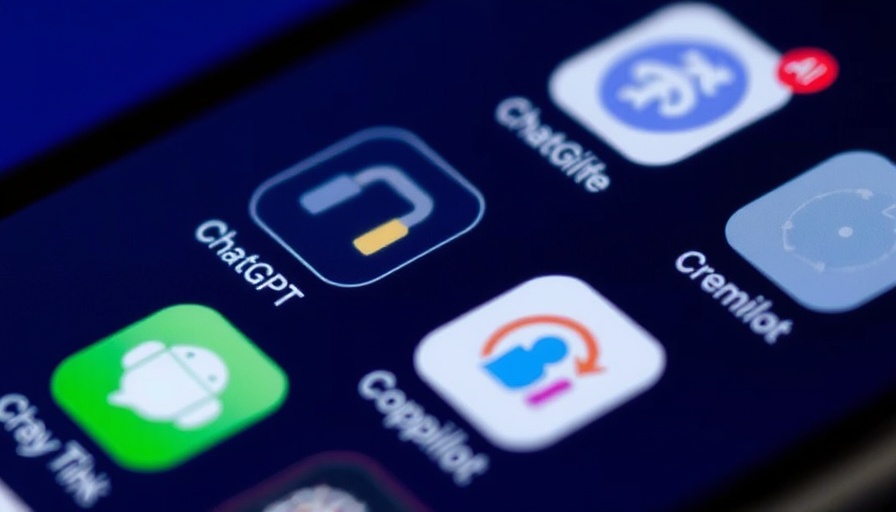
California Paves the Way for Safer AI Chatbots
On October 13, 2025, California Governor Gavin Newsom took a significant step in ensuring the safety of minors interacting with AI technology by signing Senate Bill 243 into law. This groundbreaking legislation imposes strict regulations on AI chatbot operators, notably mandating measures to prevent the dissemination of harmful content such as suicide or self-harm prompts. The law reflects an increasing concern regarding the impact AI chatbots can have on vulnerable individuals, particularly children.
Understanding the New Regulations
Under SB 243, AI chatbot operators must establish protocols to prevent harmful content. This includes the requirement to notify young users every three hours with reminders to take breaks and informative alerts stating that they are interacting with an AI, not a human. Additionally, the legislation mandates that chatbots must not produce sexually explicit content and should guide users towards crisis hotlines if they engage in distressing conversations. This focus on mental health support resonates with recent tragic incidents involving youth and AI interactions, including reported suicides linked to lengthy conversations with AI.
The Industry's Mixed Reactions
While child safety advocates laud SB 243, the tech industry has expressed concerns about the implications of such regulations. Organizations like TechNet, representing major tech firms including Microsoft and OpenAI, argue that the law's definitions and exemptions are overly ambiguous and could stifle innovation. They fear potential punitive measures and the liability associated with non-compliance could hinder development in critical AI advancements that serve various sectors, from healthcare to entertainment.
A Broader Context of AI Safety
California's move is not isolated; it is part of a national conversation about AI regulations. Other states are considering similar laws aiming to ensure that technology protects, rather than endangers, minors. The enactment of SB 243 sets a precedent, and the nationwide momentum toward AI regulation is likely to influence federal deliberations on tech oversight in the near future. As AI technology becomes increasingly integrated into daily life, responsible deployment becomes imperative.
The Future of AI and Child Safety
Looking ahead, it will be crucial for tech companies to adapt to these new standards while continuing to develop innovative solutions. The challenge lies in balancing safety with the need for creativity and progress. As AI tools evolve, there is hope that these regulations will not only protect children but also create a more conscientious tech landscape where responsible AI can thrive alongside engineering ingenuity.
In conclusion, California's SB 243 stands as a pivotal component in the broader quest for responsible AI deployment. It ensures that technological advancements do not come at the cost of public safety, particularly for the youth who are most susceptible to the impacts of unregulated AI interactions. As the conversation moves forward, it is imperative that both policymakers and industry leaders collaborate to establish a framework that guarantees the safety, well-being, and rights of all users.
 Add Row
Add Row  Add
Add 




Write A Comment